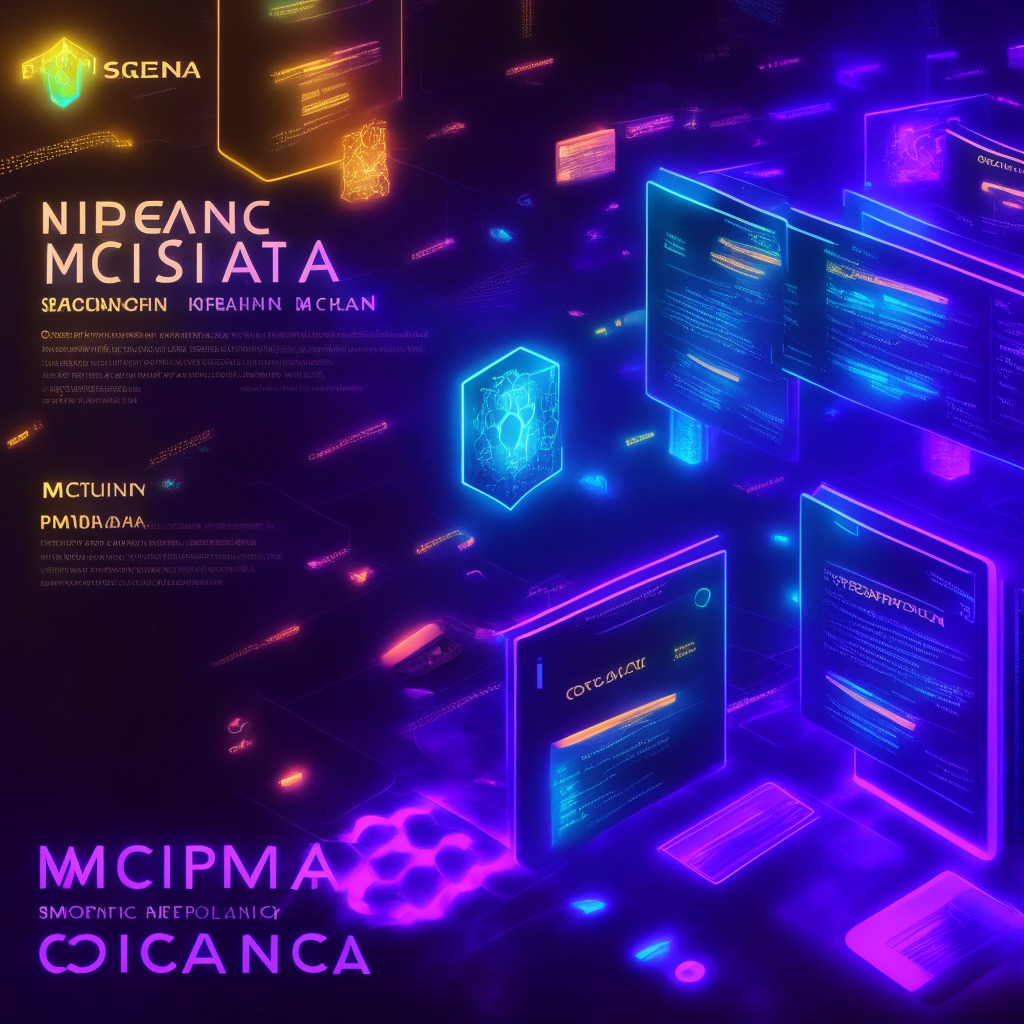Institutional MPC wallet company Fordefi has recently announced its plan to integrate its native wallet solution with applications and protocols built on Solana. Unlike wallets owned by individuals, institutional wallets need to provide access to multiple stakeholders. This has led to the rise of multi-party computation (MPC) wallets, which offer increased security by allowing multiple parties to access a wallet without revealing personal information to one another.
As tokenization continues to grow and mature, it is essential to have infrastructure products like the Fordefi platform, enabling institutions to efficiently and intuitively manage their assets. Although Solana’s ecosystem already includes various MPC wallets, simply being an MPC wallet is not enough, according to Fordefi co-founder and chief technology officer Dima Kogan.
Fordefi focuses on advanced security features designed specifically for institutions. An example of this is Fordefi’s ability to simulate transactions and independently verify contract addresses. With this feature, institutions can simulate transactions and see the different effects that happen as a result of executing that transaction. This allows signers to know exactly which smart contract the transaction is going to, the vault, the person who is transacting, the value of the token, and its associated gas fees.
In addition to transaction simulations, Fordefi’s wallet is differentiated by its policy management tool. Credit to vice president of marketing at Fordefi, Crest Saechao, for informing that the tool gives institutions the ability to set permissions and approvers. Unlike other wallets, which have short timeouts for transactions, Fordefi’s solution caters to the often-lengthy institutional approval process.
Fordefi’s wallet has attracted some existing institutional clients, including Keyrock and DeFiance Capital, due to its focus on innovation and DeFi security. Arthur Cheong, chief information officer and founder at DeFiance Capital, praised the company for actively working to enhance the ecosystem, drive institutional adoption, and ensure participant safety.
Although the benefits of institutional MPC wallets are undeniable, there is an underlying skepticism around the need for such advanced security features. Will the growing complexity of wallet security measures put off potential adopters? Or will the ever-evolving threat landscape necessitate constant development and innovation in the field of wallet security? Ultimately, the success of Fordefi’s integration with Solana and future institutional MPC wallets will depend on whether the market values these advanced security features and can adapt to the increasing complexity.
Source: Blockworks




